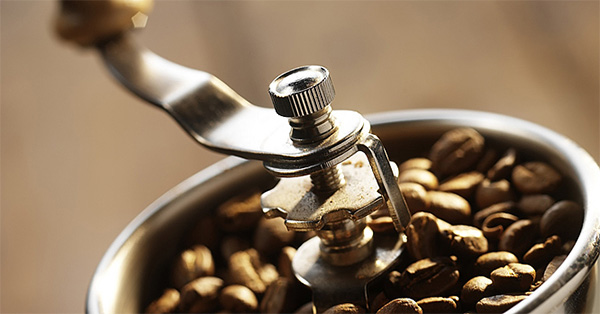Consumed in moderation (2-3 cups per day), coffee may have beneficial effects on health. Used for the first time in Ethiopia in the early Christian monasteries, to reduce fatigue during long religious ceremonies, coffee is now one of the most consumed products that contain caffeine, along with soft drinks and tea.
How Does Coffee Affect The Body
Recent studies have highlighted the psycho-stimulant action of coffee. It seems that it improves alertness and reaction time and can create a good general mood.
Coffee stimulates the secretion of saliva and gastric juice and intestinal transit, favoring digestion, is therefore not recommended for those with conditions such as gastritis, gastric or duodenal ulcer.
Some studies indicate that substances contained in coffee may reduce the occurrence of certain cancers, such as liver and colon cancer, colorgenic acid protects against type 1 and type 2 diabetes. Drinking coffee does not influence the risk of coronary heart disease and may prevent gallstones in women.
Coffee Compounds And Their Role
Coffee contains antioxidants (phenols, volatile aroma) that prevents cell damage and, consequently, disease onset and reduce the concentration of colorgenic glucose acid. Consumption by up to three cups of coffee a day also seem to reduce the cardiovascular risk.
Caffeine, the main element in the composition of the coffee bean, stimulates the nervous system, increases intellectual activity, temporarily reduces fatigue and promotes digestion by stimulating the activity of the excretory apparatus.
It acts on the respiratory tract and is a good remedy for headaches and migraines because dilates blood vessels.
Caffeine is found not only in coffee, but it is also an important component of tea, chocolate, and soft drinks or energy drinks, as well as drugs that combat headaches, colds or allergies. The amount of caffeine in coffee varies widely, depending on the type (soluble coffee maker, strong or weak).
Studies suggest that the low level of caffeine in a cup of coffee improves decision making and reaction speed, while larger amounts (2-3 mg / kg of body weight) result in better physical endurance. By improving performance, alertness and promptness, the caffeine in coffee reduces the levels of depression and anxiety, and suicide risk.
It is rapidly absorbed and is eliminated as quickly in the body, over a period of 3-6 hours is reduced to half the quantity in the blood.
Contraindications
Besides the benefits of a moderate consumption, coffee has a few contraindications. Thus, those with chronic diseases such as hepatitis, cirrhosis, gastric or duodenal ulcer, gout, neurosis, headaches, hypertension and chronic enterocolitis would be better to avoid drinking coffee. Also, coffee is not recommended for children, teenagers, and especially women in menopause and postmenopausal osteoporosis.
Coffee and Cancer
Scientific studies have not yet confirmed that drinking coffee over a long period could cause cancer. Instead, there was evidence that coffee would have a positive effect – depending on the dose – on colorectal cancer, possibly due to the reduction of bile acids.
Coffee and Pregnancy
Consumed in moderation, caffeine has no effect on fertility or conception, nor on the forward carrying of the baby. However, pregnant women who drink coffee tend to become agitated and nervous. In addition, caffeine has no nutritional value and promotes loss of calcium, a nutrient crucial for a healthy pregnancy. Some studies have shown that 300 mg of caffeine per day may increase risk of miscarriage. Therefore, to be sure that you go through this special task without incidents, you should reduce your caffeine consumption.
Coffee Cure Cellulite
Weight and cellulite are the most common problems faced by modern women. Caffeine plays an important role in combating these unpleasant phenomena. Most anti-cellulite body creams use it as an ingredient, and some studies show that with the help of coffee you can lose weight by eating less, 300-400 calories can be burned every day by a moderate consumption.
Easily Prepared Cellulite Cream
Here is an effective recipe that you can prepare even at home: mix coffee grounds with olive oil and a paste is obtained which then can be applied on the body areas affected by cellulite, with tender massage.
Coffee and Habit
There is a significant difference between habit and addiction, although often there is confusion between the two. Symptoms include craving physical dependence and the need to increase the amount of substance to satisfy this need. In moderate amounts, caffeine does not act on the brain areas related to addiction.
Excessive consumption can have negative effects:
– Disturbances in the digestive tract, burns, and even gastrointestinal pain.
– Palpitations.
– Insomnia.
– Anxiety.
– Depression.
– Muscle tremors and weakness.


